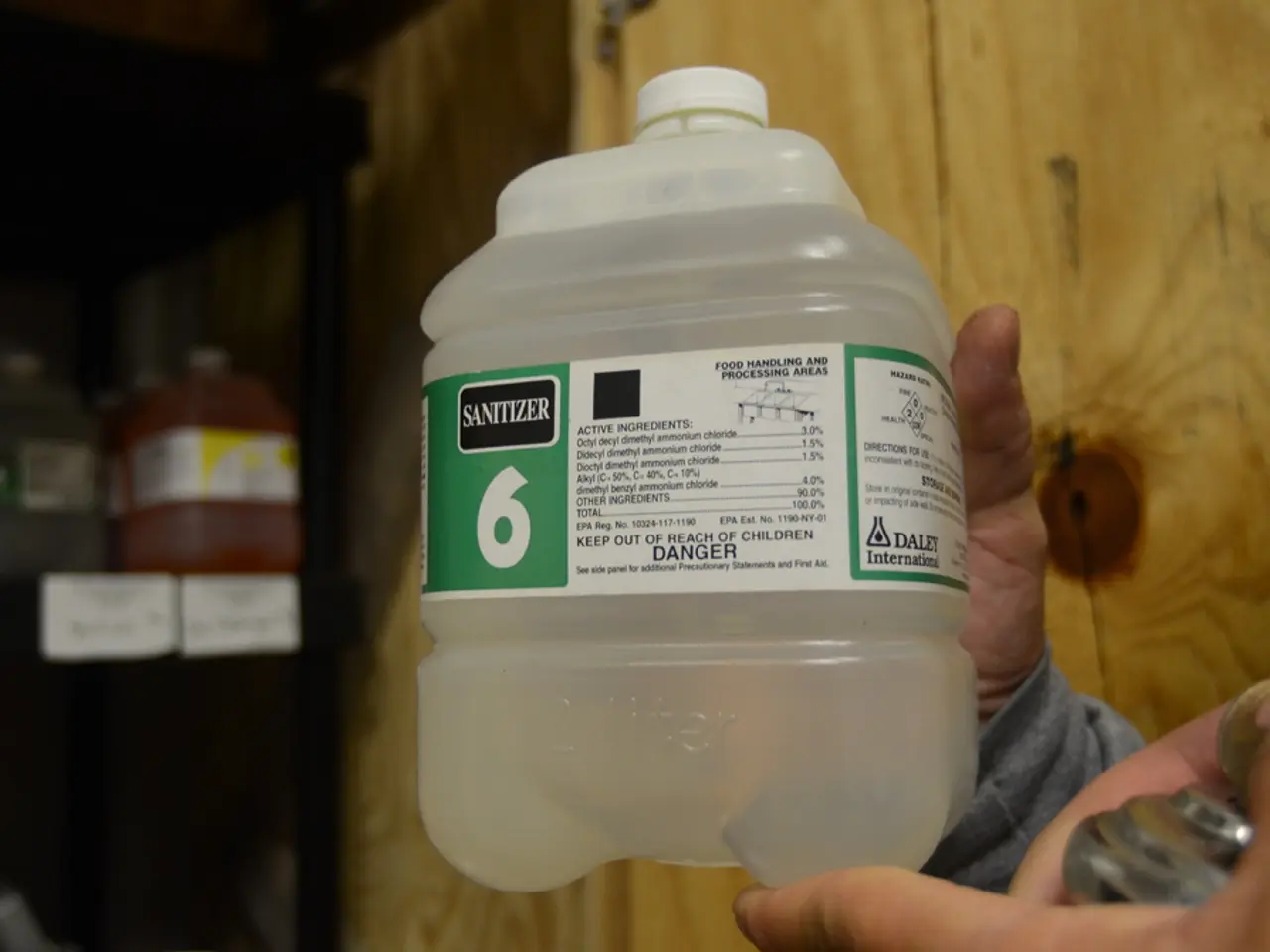Increased testing for Legionnaires' disease won't avert outbreaks, claim public health specialists.
New York City is taking steps to enhance the safety of its cooling towers, following a recent Legionnaires' disease outbreak that claimed seven lives and hospitalized 90 people in Harlem this summer. The city health department is implementing new legislation and measures to ensure building owners are adhering to the rules and maintaining the cleanliness of their cooling towers.
The city health department, responsible for inspecting cooling towers and ensuring that building owners keep records of routine testing and cleanings, is facing a shortage of water ecologists. Despite having more funding this year, there are fewer water ecologists in the department compared to 2022. This shortage has resulted in the department being on track to conduct less than half the number of inspections compared to 2017, with about 30% of the registered towers not inspected since 2023.
Health Commissioner Michelle Morse has stated that the city will expand efforts to recruit more inspectors to address the outbreak. Janet Stout, a professor at the University of Pittsburgh and a leading expert on waterborne disease, agrees that testing should be done before cleaning. She also suggests that more regular city inspections could ensure building owners are following the spirit of the law rather than just meeting minimum reporting requirements.
In response to the outbreak, the new legislation introduced by city lawmakers requires building owners to test their cooling towers every 30 days, up from the current requirement of every 90 days. Chantal Gomez, health department spokesperson, states that more frequent testing for Legionella will help detect unwanted bacterial growth earlier.
Abraham Cullom, director of water safety and management at Pace Analytical, states that testing requirements that only mandate frequency leave open a loophole for building owners to avoid testing problematic towers. He suggests that cooling towers should be tested before cleaning for accurate results. Don Weiss, a former city health official, suggests that daily or weekly reporting of Legionella test results would enable the city to better flag potential Legionella growth.
The legislation does not specify whether it will go beyond more frequent testing requirements. However, the planned law proposes that the operators of cooling boilers themselves be increasingly monitored to ensure they carry out the weekly or daily checks of their cooling boilers. During heat-related emergencies, building owners will be required to test every 14 days.
Stout also believes the city should monitor owners to ensure they're following the rules. She advocates for better funding for public health to allow for more inspections. She suggests that building owners should monitor their cooling towers on a weekly, if not daily, basis.
After an outbreak in 2015, New York City law mandated building owners to register their cooling towers, hire professionals to manage them, and create maintenance plans. The city's efforts to ensure the safety of its cooling towers are essential in preventing future outbreaks and maintaining the health of its citizens.
Read also:
- Backed by Scientific Evidence, 11 Strong Arguments for Almond Appreciation
- Administration's effort to dismiss thousands of Health and Human Services employees denied by the court
- Funds amounting to approximately 1.17 million euros designated for local meetings regarding nursing practices
- Advocating for nationwide Covid-19 vaccinations over targeted vaccinations for high-risk groups could potentially save thousands of additional lives in the United States.






